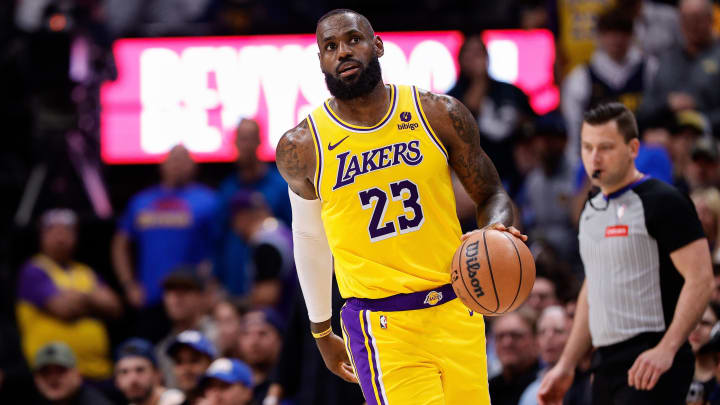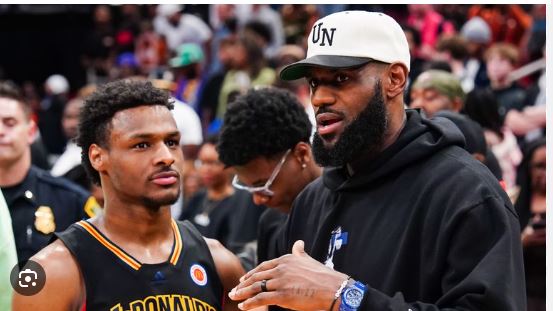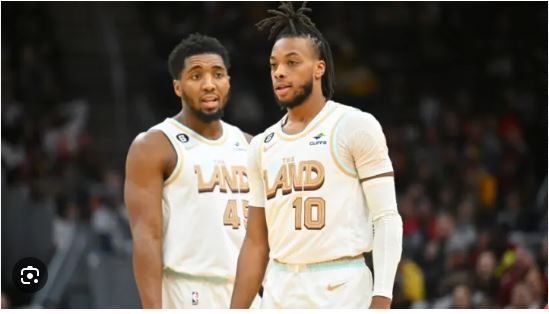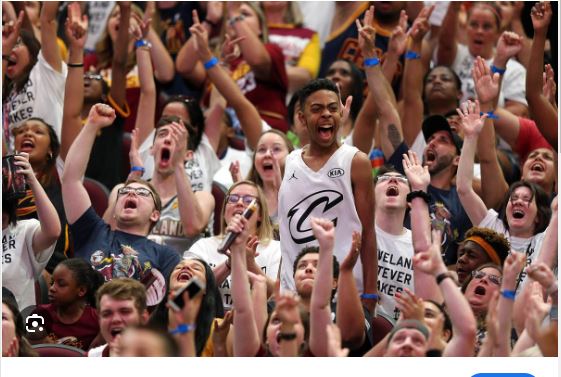LeBron James is expected to sign a two-year, $104 million max contract extension with the Los Angeles Lakers, following rumored unsuccessful attempts to recruit other complementing players. James, who chose not to play in the last year of his previous contract, is expected to have a player option in the second year of his new agreement. It will also allegedly have a unique no-trade clause, which only guard Bradley Beal of the Phoenix Suns had in the NBA prior to James.
The name “no-trade clause” (NTC) refers to the ability of players to oppose any deal that involves them. In James’ situation, he will therefore play for the Lakers until the end of his contract, unless the organization dismisses him. Furthermore, although no-trade clauses inherently offer players enormous power by preventing deals, they also give players the right to choose which club to trade with and for what return if they and the team decide to make a trade.
Now, if James decides over the course of the next year or two that he does not want to continue with the Lakers, he will have formal influence over where he goes. James’ son Bronny James was selected in the second round of the NBA Draft and is also expected to make his NBA debut with the Lakers. James has the option to sign a new two-year deal with the Lakers that includes a no-trade provision, or he may choose to opt out of the second year of his current contract next offseason. When James rejoined the Cleveland Cavaliers in 2014, he employed a similar tactic; he inked “1+1” contracts with the team in 2014 and 2015 in exchange for the franchise’s early Bird rights.
There has been little to no reported interest in the Lakers selling James, despite several rumors throughout the season suggesting that the Lakers and Golden State Warriors briefly discussed the prospect of a James trade. However, it appears that neither James nor the Lakers were interested, therefore negotiations did not get very far.
Only ten players in NBA history have had a real no-trade clause, which speaks to the potency of the clause. However, another element contributing to their rarity is the set of standards that must be fulfilled in order for a player to be eligible for the clause.
First and foremost, the player in issue needs to have participated in at least eight NBA seasons. Obviously, LeBron James, the league’s oldest active player, satisfies the requirements for that one. The player requesting a no-trade clause must, even if they are not consecutive, have spent at least four seasons with their present team. James has spent six seasons playing for the Lakers since joining the team in 2018.
The player must sign a new deal as a free agent, which is the last and most stringent criteria. For instance, a player and the club are unable to include a no-trade clause in an agreement if the player is still under contract with his current team and signs a max deal prior to the last year of that contract, as James did with the Lakers in 2020 and 2022. The player must become a free agent, even for a brief period of time, in order to be eligible for a no-trade clause, and then they must sign a contract that has the NTC.
The final provision explains why so few NBA players often have no-trade clauses: most players opt to sign extensions before their existing contracts expire. Beal was the only player in the NBA with a contract prior to James’ most recent one. Before turning down his player option in the 2022 summer, Beal, who was selected by the Washington Wizards in the 2012 NBA Draft, spent ten seasons with the team. This gave him the authority to re-sign with the Wizards for a controversial five-year, $251 million max deal. It included a no-trade provision, which eventually aided in his acquisition by the Suns in the summer.



